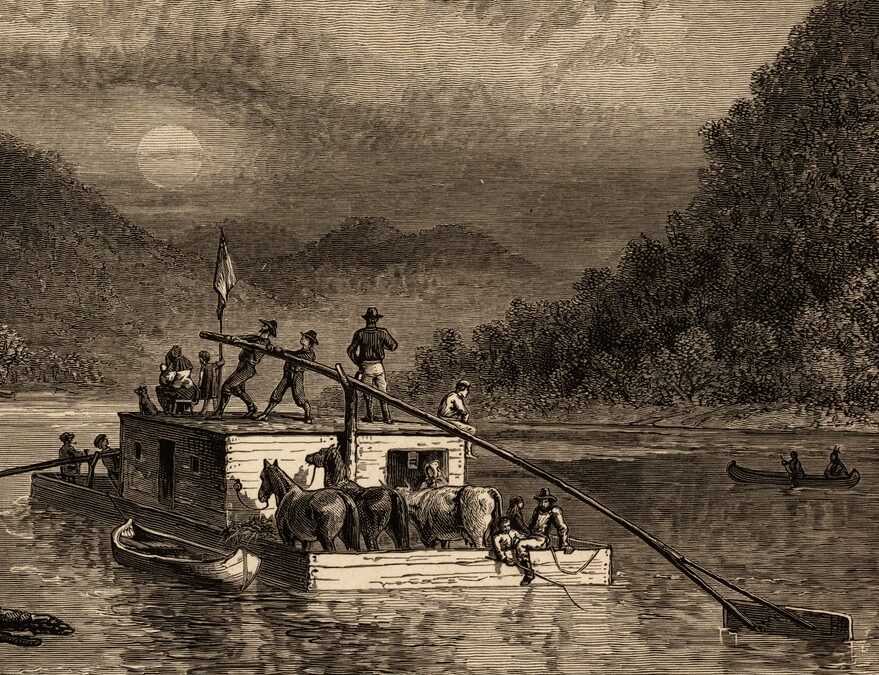
by Richard Subber | Mar 25, 2025 | Politics, Power and inequality, Reflections, Tidbits
forget the small potatoes…
“…stop seeking the impossible,
the short-sighted,
and the unnecessary.”
from The Daily Stoic by Ryan Holiday and Stephen Hanselman
New York: Portfolio/Penguin, 2016
p. 101
Of course, I realize that each person has a personal definition of “the impossible, the short-sighted, and the unnecessary.”
The point is:
Forget about what you can’t change, and forget about the small potato stuff.
Commit to doing a good thing.
Commit to resisting the bad stuff that touches you in ways you can avoid.
* * * * * *
Copyright © Richard Carl Subber 2025 All rights reserved.
Book review: Ethan Frome
not being satisfied with less…
by Edith Wharton
–
Seeing far: Selected poems with 47 free verse and haiku poems,
and the rest of my poetry books are for sale on Amazon (paperback and Kindle)
and free in Kindle Unlimited, search Amazon for “Richard Carl Subber”
* * * * * *

by Richard Subber | Feb 25, 2025 | Democracy, Human Nature, Politics, Power and inequality, Tidbits
elusory wisdom…
“Let the people keep a watchful eye
over the conduct of their rulers,
for we are told that great men
are not at all times wise.”
Samuel Adams (1722-1803)
Phony felons aren’t wise, either.
* * * * * *
Copyright © Richard Carl Subber 2025 All rights reserved.
Book review: Six Plays by Henrik Ibsen
…his bleak insight into human nature
–
My first name was rain: A dreamery of poems with 53 free verse and haiku poems,
and the rest of my poetry books are for sale on Amazon (paperback and Kindle)
and free in Kindle Unlimited, search Amazon for “Richard Carl Subber”
* * * * * *

by Richard Subber | Feb 15, 2025 | American history, Book reviews, Books, Democracy, History, Politics, Power and inequality
They didn’t have an easy life…
Book review:
The Pioneers:
The Heroic Story of the Settlers
Who Brought the American Ideal West
by David McCullough (1933-2022)
Pulitzer Prize winner
New York: Simon & Schuster, 2019
330 pages
This is bona fide David McCullough: endlessly researched, written in profoundly erudite prose, and honestly interesting to a wide range of readers.
The Pioneers tells you as much as (if not more than) you could ever care to know about the hardy folks who founded Marietta, Ohio, in the late 18th century, while George Washington was figuring out how to be our first president.
They didn’t have an easy life. They worked hard to keep slavery out of the Northwest Territory. They weren’t worried much about displacing the Native Americans who had lived in that region for thousands of years. They believed that they were brave and dedicated to making a good life, for themselves and their children.
They did a decent job, really. Read all about it, or read as much of it as you care to.
* * * * * *
Book review. Copyright © Richard Carl Subber 2025 All rights reserved.
Book review: The Bartender’s Tale
Ivan Doig’s story, I mostly loved it…
–
As with another eye: Poems of exactitude with 55 free verse and haiku poems,
and the rest of my poetry books are for sale on Amazon (paperback and Kindle)
and free in Kindle Unlimited, search Amazon for “Richard Carl Subber”
* * * * * *

by Richard Subber | Jan 18, 2025 | American history, Book reviews, Books, Democracy, History, Human Nature, Politics, Power and inequality
what’s right is right…
Book review:
No Constitutional Right to be Ladies:
Women and the Obligations of Citizenship
by Linda K. Kerber (b1940)
New York: Hill and Wang, a division of Farrar, Strauss and Giroux, 1998
405 pages
Kerber, a well-respected historian, makes what should be an obvious point: women are citizens, just like men, and they should share all the rights and obligations of citizenship.
She disputes, in compelling detail, that women have a constitutional right “to be ladies” when that is conceived as separating them from a complete status as functioning citizens who are the constitutional equals of men (even the ones they’ve married!).
In my mind, it’s not a “feminist” thing or a “suffrage” thing. It’s a matter-of-fact thing—nothing about it doesn’t make sense.
* * * * * *
Book review. Copyright © Richard Carl Subber 2025 All rights reserved.
Oops, Columbus didn’t “discover” America
…but he got close…
–
Seeing far: Selected poems with 47 free verse and haiku poems,
and the rest of my poetry books are for sale on Amazon (paperback and Kindle)
and free in Kindle Unlimited, search Amazon for “Richard Carl Subber”
* * * * * *

by Richard Subber | Dec 15, 2024 | Book reviews, Books, History, Power and inequality
“. . . lions led by donkeys . . .”
Book review:
The Donkeys
by Alan Clark
London: Pimlico, 1961, 1994
216 pages
Clark tells the terrible story of high-level British incompetence in leading massed armies in combat with everybody using terrifying weapons.
At the outbreak of World War I, Britain had a relatively small professional army (247,000 men). Nearly half of them were stationed overseas throughout the British Empire.
Thus, on the home island in August 1914, Britain’s generals mustered about 150,000 men to be the British Expeditionary Force (BEF) that crossed the English Channel, to join the French in fighting the German attackers.
Within three months, that half of Britain’s professional army was gone. Most of the men in the BEF were dead. Their generals must take much of the blame.
As the horrific trench warfare became the hallmark of World War I, a German general, Erich Ludendorff (1865-1937), had a disdainful conversation with a fellow officer, Carl Hoffmann (1869-1927):
Ludendorff: “The English soldiers fight like lions.”
Hoffman: “True. But don’t we know that they are lions led by donkeys.”
p.s. Britain’s total WWI casualties: 673,375 dead and missing, 1,643,469 wounded
* * * * * *
Book review. Copyright © Richard Carl Subber 2024 All rights reserved.
Book review: Shawshank Redemption
A world I do not want to know…
by Stephen King
–
Writing Rainbows: Poems for Grown-Ups with 59 free verse and haiku poems,
and the rest of my poetry books are for sale on Amazon (paperback and Kindle)
and free in Kindle Unlimited, search Amazon for “Richard Carl Subber”
* * * * * *

by Richard Subber | Nov 23, 2024 | Book reviews, Books, Joys of reading, Language, Power and inequality
men are not women…
Book review:
A Room of One’s Own
by Virginia Woolf (1882-1941)
San Diego, CA: A Harvest/HBJ Book, 1929, published 1957
118 pages
Virginia Woolf was no stranger to controversy, in her writing and in her life. In A Room of One’s Own, she wrote: “…when a subject is highly controversial…one cannot hope to tell the truth. One can only show how one came to hold whatever opinion one does hold.” (p. 4)
Woolf refers to “men who have no apparent qualification save that they are not women” (p. 27) and she quotes fellow writer Samuel Butler (1835-1902): “Wise men never say what they think of women.” (p. 29)
A so-called Modernist, she wrote: “Women have served all these centuries as looking-glasses possessing the magic and delicious power of reflecting the figure of a man at twice its natural size.” (p. 35)
Even this short work is longer than it needs to be. Woolf’s prose just gushes with energy and insight and realistic gloom. One wonders whether a man has ever written such words.
Woolf claims that a writer needs “a room of one’s own.”
I think a writer can do very well indeed by making a space in which to write,
a space in the mind or somewhere in the house.
* * * * * *
Book review. Copyright © Richard Carl Subber 2024 All rights reserved.
The “dime novels” in the Civil War
Think “blood-and-thunder”…
–
In other words: Poems for your eyes and ears with 64 free verse and haiku poems,
and the rest of my poetry books are for sale on Amazon (paperback and Kindle)
and free in Kindle Unlimited, search Amazon for “Richard Carl Subber”
* * * * * *





